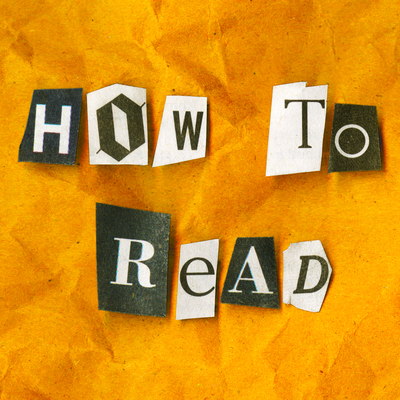Reading today is typically silent – whether reading a book in a library or reading messages on our phones, we don’t expect the activity to be noisy. At most, we expect the sound of a page quietly turning. But Andrew Albin is interested in the medieval period, when books made all kinds of sounds. Medieval books were noisy: they crackled and creaked, and were usually read aloud (even in private). Andrew argues that we should think of medieval books not just as objects to look at, but as a kind of musical instrument that needs a reader to bring its sounds to life.
Tag: reading
What’s happened to reading during the COVID-19 pandemic? Some people are too busy or stressed to read, while others are reading more than ever but in different ways. Leah Price is interested in historical precedents for what we’re experiencing now, from anxieties about catching diseases from library books to the fantasy of reading as refuge from the world. History shows that reading is affected by people’s working lives – some can’t read because they have to work, others read because they can’t work. COVID-19 is transforming the way we work, so reading too will change – but not necessarily for the worse.
After we finish reading a book, our memories of it quickly fade and can even get distorted. Andrew Elfenbein has studied how the things we read get transformed in memory. What we remember may diverge from what’s in the book, but that doesn’t mean we’re sloppy readers – we’re actually using highly sophisticated skills without even noticing. By understanding this process we can better appreciate how books live on in our minds long after we’ve read them.
It might seem obvious that it’s good to read in ways that are literary, critical and modern. But Michael Allan argues that viewing certain ways of reading as literary, critical and modern also involves constructing a stereotype of a bad reader who is unliterary, uncritical and backwards. In colonial Egypt, British authorities relied on stereotypes of Islamic reading practices to treat local people as merely memorising and repeating what they read. As a result, local people were considered incapable of thinking critically and of holding valid political opinions.
